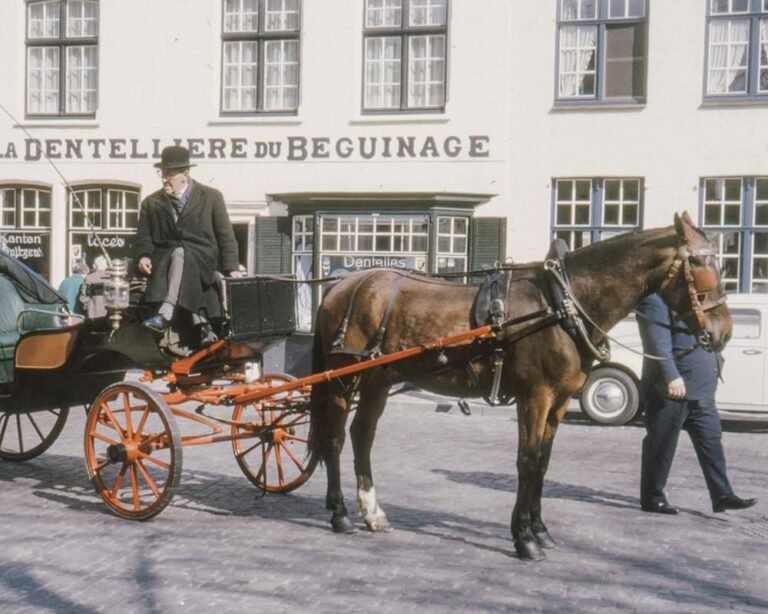ralentir
The French verbs “alentir” and “ralentir” are related to the adjective “lent,” which means “slow.” The two verbs both mean “to slow down.” “Alentir” is only used in literature (or in Québec) these days, while “ralentir” is in common usage.
Meanings and Usage:
- “Alentir”:
- Literal meaning: To slow down, decrease speed.
- Figurative meaning: To ease off, relax, or take things at a slower pace.
- Example: “Votre passion alentissant son cours.” (As your passion runs its course.)
- “Ralentir”:
- Literal meaning: To slow down, reduce speed, abate.
- Figurative meaning: To hinder, impede, or decelerate progress or development.
- Example: “Les travaux routiers ont ralenti le trafic pendant des semaines.” (Roadworks slowed down traffic for weeks.)
Conjugation in the Present Tense:
- “Alentir”:
- Je alentis (I slow down)
- Tu alentis (You slow down)
- Il/Elle/On alentit (He/She/One slows down)
- Nous alentissons (We slow down)
- Vous alentissez (You [plural/formal] slow down)
- Ils/Elles alentissent (They slow down)
- “Ralentir”:
- Je ralentis (I slow down)
- Tu ralentis (You slow down)
- Il/Elle/On ralentit (He/She/One slows down)
- Nous ralentissons (We slow down)
- Vous ralentissez (You [plural/formal] slow down)
- Ils/Elles ralentissent (They slow down)
Conjugation in the Passé Composé:
- “Alentir”:
- J’ai alenti (I slowed down)
- Tu as alenti (You slowed down)
- Il/Elle/On a alenti (He/She/One slowed down)
- Nous avons alenti (We slowed down)
- Vous avez alenti (You [plural/formal] slowed down)
- Ils/Elles ont alenti (They slowed down)
- “Ralentir”:
- J’ai ralenti (I slowed down)
- Tu as ralenti (You slowed down)
- Il/Elle/On a ralenti (He/She/One slowed down)
- Nous avons ralenti (We slowed down)
- Vous avez ralenti (You [plural/formal] slowed down)
- Ils/Elles ont ralenti (They slowed down)
Etymology:
Both “alentir” and “ralentir” find their roots in Latin and Old French.
- “Alentir”:
- Latin: “ad” (to) + “lentus” (slow) → Old French: “alentir.”
- This verb is still used in Canada, but not in modern France.
- “Ralentir”:
- Latin: “re-” (back) + “lentus” (slow) → Old French: “ralentir.”
- “Ralentir” was derived from “alentir,” with the addition of the prefix “re.”






